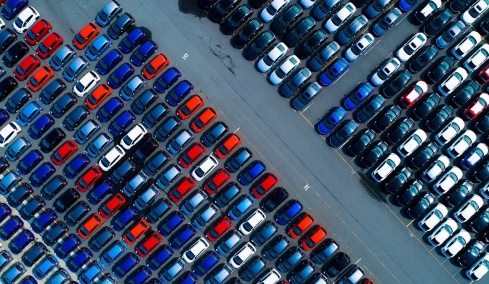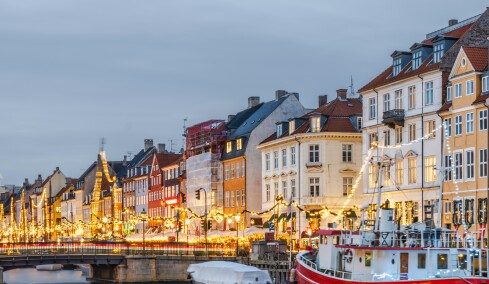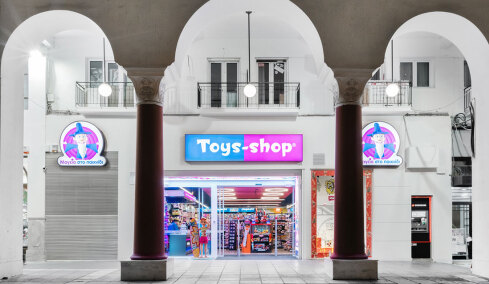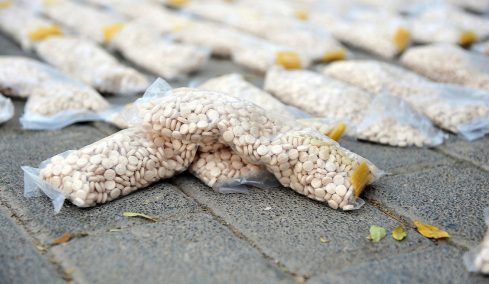
Samaras: the people are voting for stability and growth
Samaras: the people are voting for stability and growth
Antonis Samaras will have to face the next day since he must deal with a governmental solution whatever the election result...

UPD:
"Today the Greek people are voting for the future of their children. They are voting for stability, development, security and justice", a smiling ND president Antonis Samaras said after exercising his right to vote at about 9.20 am at a polling station in Pylos, his hometown in Messinia.
Development regulator
Now Antonis Samaras will have to face the next day since he must deal with a governmental solution whatever the election result. He will be watched by the Greek society and the international community, especially our partners and lenders, who still say that they want a government which will stand by its international commitments in order not to let the country collapse.
Throughout his campaign Samaras has struggled to get a clear mandate from the Greek people and is unquestionably the dominator of developments. The scenario of political autonomy has now been abandoned, and so he has removed this word from his public rhetoric, but insists that there must be a strong mandate, both to both as a conglomerate, even up to election day, and help him launch the his choices as prime minister. Samaras reiterates that "between anarchy and instability I prefer elections", but his staff point out that "we do not say political autonomy and repeat of elections; government stability can occur via consultation of political forces that want to give a battle to keep the country in the European Union."
An associate of Samaras' says "of course we are looking at different possibilities and under no circumstances will we be unprepared. But in principle we should see how the political map is shaped by the election results and what parliamentarian correlations arise. And of course, decode the message of the Greek people."
The desired outcome for ND would be to form a government with a parliamentary majority, but they have no illusions about that. According to the data of opinion polls, they are sure they have exceeded 25% and believe they may even put “3” as the first digit in their final percentage.
Development regulator
Now Antonis Samaras will have to face the next day since he must deal with a governmental solution whatever the election result. He will be watched by the Greek society and the international community, especially our partners and lenders, who still say that they want a government which will stand by its international commitments in order not to let the country collapse.
Throughout his campaign Samaras has struggled to get a clear mandate from the Greek people and is unquestionably the dominator of developments. The scenario of political autonomy has now been abandoned, and so he has removed this word from his public rhetoric, but insists that there must be a strong mandate, both to both as a conglomerate, even up to election day, and help him launch the his choices as prime minister. Samaras reiterates that "between anarchy and instability I prefer elections", but his staff point out that "we do not say political autonomy and repeat of elections; government stability can occur via consultation of political forces that want to give a battle to keep the country in the European Union."
An associate of Samaras' says "of course we are looking at different possibilities and under no circumstances will we be unprepared. But in principle we should see how the political map is shaped by the election results and what parliamentarian correlations arise. And of course, decode the message of the Greek people."
The desired outcome for ND would be to form a government with a parliamentary majority, but they have no illusions about that. According to the data of opinion polls, they are sure they have exceeded 25% and believe they may even put “3” as the first digit in their final percentage.
To investigate the next-day potential, another associate of Samaras' said "the president has made clear that he will not create a coalition government with PASOK, he will honor his international commitments; he will vigorously promote the necessary structural changes he has promised and will be adamant toward this. Rebates that will result in losing valuable time or compromises with people who will participate in the government are excluded." The ND camp clarifies that the government will be determined by Samaras as he will get the vote of confidence in parliament.
The 40% rate
The question that now arises is the rate of political viability a government can have with a tolerance vote. The two parties should be approaching 45%, but this requires that the difference between them be large enough for Samaras to set his own terms so that his interlocutors will not be able to refuse them. If ND falls below 25% and PASOK approaches 20%, the scene will change.
ND suggests that in such a case there will be a problem, since Samaras is not willing to go to a government of balances that will contradict his political goal of sweeping changes. And of course with such a low rate, Samaras will not push for new elections. Moreover, most of his MPs are in favor of cooperation and he will hardly risk going against the wider system or the general consensus within his party. Thus, if these two parties have a minor difference, the coalition government scenario should not be excluded.
But there is another negative scenario, that the two parties together get a percentage under 40%, which means they will have a narrow majority in parliament and limited legitimacy in society. It is an unlikely possibility and one that ND people prefer not to talk about. But they imply that such a case does not bring a viable government and the immediate repeat of elections will be a preferable solution, following discussions with Brussels and the country's lenders.
The 40% rate
The question that now arises is the rate of political viability a government can have with a tolerance vote. The two parties should be approaching 45%, but this requires that the difference between them be large enough for Samaras to set his own terms so that his interlocutors will not be able to refuse them. If ND falls below 25% and PASOK approaches 20%, the scene will change.
ND suggests that in such a case there will be a problem, since Samaras is not willing to go to a government of balances that will contradict his political goal of sweeping changes. And of course with such a low rate, Samaras will not push for new elections. Moreover, most of his MPs are in favor of cooperation and he will hardly risk going against the wider system or the general consensus within his party. Thus, if these two parties have a minor difference, the coalition government scenario should not be excluded.
But there is another negative scenario, that the two parties together get a percentage under 40%, which means they will have a narrow majority in parliament and limited legitimacy in society. It is an unlikely possibility and one that ND people prefer not to talk about. But they imply that such a case does not bring a viable government and the immediate repeat of elections will be a preferable solution, following discussions with Brussels and the country's lenders.
UPD:
Ακολουθήστε το protothema.gr στο Google News και μάθετε πρώτοι όλες τις ειδήσεις
Δείτε όλες τις τελευταίες Ειδήσεις από την Ελλάδα και τον Κόσμο, τη στιγμή που συμβαίνουν, στο Protothema.gr
Δείτε όλες τις τελευταίες Ειδήσεις από την Ελλάδα και τον Κόσμο, τη στιγμή που συμβαίνουν, στο Protothema.gr
ΡΟΗ ΕΙΔΗΣΕΩΝ
Ειδήσεις
Δημοφιλή
Σχολιασμένα






































